“You must go on adventures to find out where you truly belong.”
Lisa Stine’s favorite quote fits her well, as her pioneering spirit has helped her not only advance—but thrive—in the male-dominated world of engineering.
In her college engineering classes, men outnumbered women five to one—and a professor mocked her for dressing nicely and wearing perfume. But despite the criticism—and her own occasional self-doubt, she continued on to an entry-level field engineering job in Arkansas. Although she initially worried that her gender would keep her from being taken seriously, she forged strong, successful relationships with her clients, all while wearing her trademark red lipstick and stilettos.
Since then, she’s followed opportunities from Arkansas to St. Louis, Chicago, and now Denver, assuming more responsibility, forging professional connections, and creating a new life for herself each time. Now a Transmission Engineer at Mesa Associates, she uses her technical and project management skills to help build the high-voltage electrical structures that literally power our lives.
Her next stop? Business school—and maybe developing a nonprofit for sustainable design in developing countries. Read on for more about Lisa’s adventure—and maybe get inspired to plan your own.
Her Starting Point
You studied Civil Engineering at the Missouri University of Science and Technology (formerly University of Missouri-Rolla). What sparked your interest in engineering? Can you describe the moment you realized this was a field you’d like to pursue?
I come from a family of engineers, so at a young age I was immersed in all kinds of robotic and computer summer camps, as well as a ridiculous amount of Legos and K’NEX. I loved creating—anything, really. The overall feeling of having made something that was uniquely mine was tremendously empowering and exciting. Pairing this creativity with compassion and a desire to help others, I began to realize that I could combine these loves into a lifelong, exciting career.
Engineering is known as a particularly intense major. What was the most challenging part of your college experience? Did you ever experience any uncertainty that this was the path for you?
I went to a very small engineering school—we actually had a ratio of five men to every woman when I started. For the most part, I had a wonderful college career. I did have one professor incessantly tell me not to wear perfume, or dress nicely, and that “Men like the smell of men, not ‘whatever I was wearing.’” That experience definitely did make me stop for a minute and question what I was doing. Was this how life would be once I graduated—an everyday occurrence?
It honestly did really make me nervous about what I was endeavoring to do, but I didn’t let it stop me. I can’t lie and say that I’m not constantly facing adversity and scrutiny—especially on field visits and job sites. Engineering unfortunately continues to be a male-dominated industry, but I choose to face each situation with strength, perseverance, and grace—and that’s yet to fail me.
Tell us about your first job. What did you learn there that you couldn’t have learned in the classroom?
My first job is actually one of my favorite experiences. I was working at the Arkansas Department of Transportation as a Field Engineer. Basically, I supervised road construction crews all day. Instinctively, when you begin your first career, you really want to demonstrate the knowledge you gained at college. I quickly learned that that wasn’t going to be a productive approach. I was working with a team of men that had been doing construction since they were 18—they could literally work in their sleep.
Trying to school them in the methodologies I had read in books and studied at university, I was quickly put in my place. I learned that even with a college education, you have to start at the bottom. You have to re-learn everything because real life never goes as planned. I can’t use a single equation for every problem and come up with the correct answer—factors and constraints are always changing. The biggest lesson, and what I am so grateful to have understood so early in my career, is to learn as much as you can from those that came before you. There is a ridiculous amount of knowledge available to you from just listening and watching others. Never assume respect is automatically given. Prove yourself and stay humble.

Her Big Break
Describe your job as a Transmission Engineer at Mesa Associates. What does a Transmission Engineer do? What does an average day look like for you?
I work on the design and structural analysis of high-voltage power line structures—typically those that carry power across the country. My clients are utility companies, and we collaborate on ways to mitigate clearance, landowner complaints, and structure failure issues. Sometimes I design brand new, higher-voltage lines. Other times, I make significant upgrades to existing lines. I also have a significant role in the management, scheduling, and budgeting of projects. It’s challenging work that's always changing and engaging.
You work on very large-scale projects with long time horizons. What are your go-to time management strategies? Any apps you’d recommend for us?
It’s definitely key to get the entire project team together for a kick-off meeting, where [we can go over] the scope of work, schedules, and budgets. This ensures all team members are starting on the same page and know the expectations. Weekly update meetings are also helpful. So many companies have remote offices now, so that constant collaboration and checking in is key to project success. I love Asana. It’s basically a massive project management tool—and it’s free! You can assign different tasks to different people, make notes of statuses, and even share documents. It’s been a lifesaver for those remote projects!
Many people imagine engineers sitting in their offices and making calculations all day. What are the biggest misconceptions people have about your job?
While that image isn’t too far off, that’s only a portion of what I do on the daily. I attend a lot of client meetings, which really helps to foster relationships and plays a very important role in project success. I also get the opportunity to go on site visits quite frequently. Not only is it incredibly rewarding to see my designs come to light, it’s also a wonderful way to expand my understanding of our nation’s power system—there's only so much you can learn from books! I think one of the biggest misconceptions—and something that unfortunately draws a lot of people away from the industry—is that everyone is super weird and introverted or that you’re entering the land of pocket protectors. These stereotypes couldn’t be further from the truth. We’re normal, fun people! Maybe we get really excited about everything math and science—but hey, the world is a fascinating place!

Her Perspective
What is it like to be a woman in engineering? Do you feel that your gender gives you a different perspective and experience from your male counterparts? Any advantages?
For me, it’s been an incredible experience. Walking into a meeting with men who have been in the industry for years, owning the floor, and holding your own is so amazingly empowering! Initially, I felt that it would be difficult to get respect from very seasoned people. As women, though, we tend to be more empathetic. We form relationships, and we have sincere interests in others and their lives. This is so advantageous in working with clients—they start to look forward to seeing us, share milestones their kids have had, talk about their weekends. When projects have mishaps or schedules get behind (which will always happen), these genuine bonds can be a saving grace. You are much more likely to get some compassion and that additional change order from those whom you share connections with.
What advice do you have for women interested in engineering? What kinds of practical experience should they have? What technical skills should they pick up?
I really encourage women interested in engineering to pursue it! There are a tremendous amount of opportunities available and it’s an incredibly rewarding field. I believe a lot of women get discouraged and turned off by the negative stereotypes that are unfortunately still floating around—many of those pertaining to a lack of femininity. Trust me, I still wear stilettos and get my hair done. You can make this career your own and that’s truly what I love about it—it’s such a melting pot. You’ve got the people that want nothing more than to do research and calculations all day, those that want to manage and ensure projects are on track, and those that immerse themselves in selling abilities and skills to potential clients. Possibilities seriously are endless. As far as suggested technical skills to hone in, a strong understanding in management, scheduling, and problem solving will help out substantially!
You’ve moved to different cities for job opportunities four times. How do you know when you’re ready to make the next move? How have you built personal and professional networks in brand new cities?
As a rule of thumb, I don’t think you’re able to really get a feel for a city until you’ve lived there for a little over a year. I am an avid believer in following your instincts and going with your gut. There is so much opportunity out there that if I start to feel like I’d like to try something new, I start looking for new positions and go! I tend to be more of a gypsy soul, so I actually really enjoy the challenge of starting over in a new city where I don’t know anyone—but I totally realize how scary this is! Joining professional societies and volunteer organizations has proven to be a fantastic way to get involved and meet new people. I also am a member of an amazing sorority, Chi Omega, so I always connect to the local alumni chapter, too. Cup-in-hand kickball leagues are a sure way to make some lasting friendships, as well!
On top of that, you’ve started several side businesses. Can you tell us about some of those companies? What are your biggest takeaways from those experiences?
I started up a resume business right after college and it was really beneficial in helping me get a savings account going. I made a free website on Wix, posted free ads on Craigslist, and was amazed at the traffic I started getting! I had no idea that so many people felt so lost when writing resumes—something that seemed to be second nature to me. Side businesses can be so helpful in reaching many of the goals you have for yourself or just living out additional passions. I encourage anyone looking to start something on the side to choose something they love. Putting one of your true interests into the world to better others, all on its own, will bring you a great deal of business.
Finally, what do you wake up looking forward to? What’s next for your career?
I’m enrolling in business school to learn more about project management and how to run an organization overall. I’m also slated to take my Professional Engineering exam this year. A passing score on that test will give me the ability to sign off on drawings and designs. I would love to combine these milestones and develop a non-profit organization, assisting third-world countries with sustainable design efforts in regards to housing, education, and sanitation.
You May Also Like
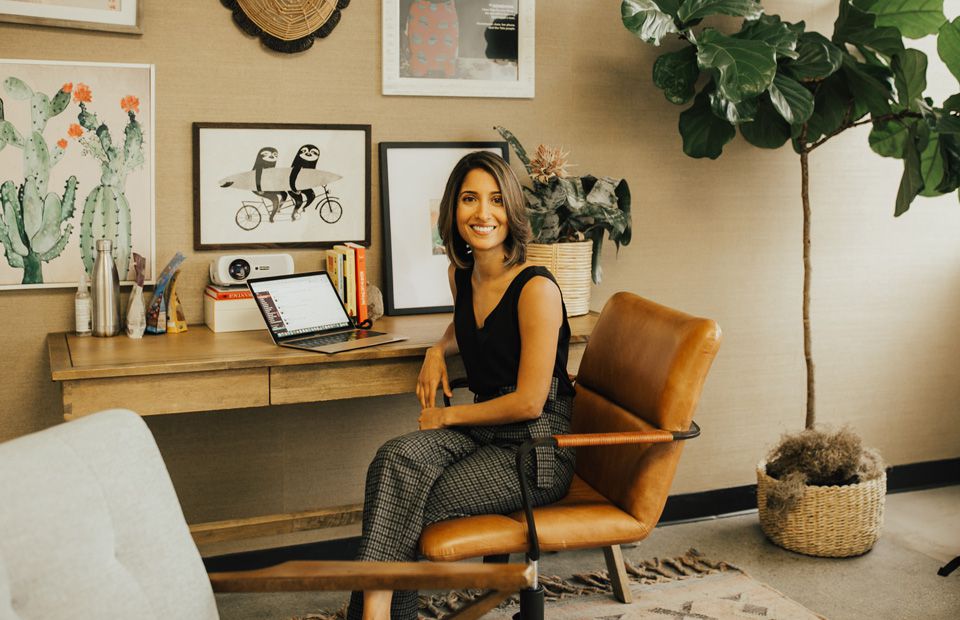
Technology
A Tech Founder on Why Being an Outsider Is a Strength
"I actually think most successful founders are rebels, of a sort. We’re trying to do new things and take on entrenched systems or ways of thinking. What makes me and our company different is that we’re outsiders."
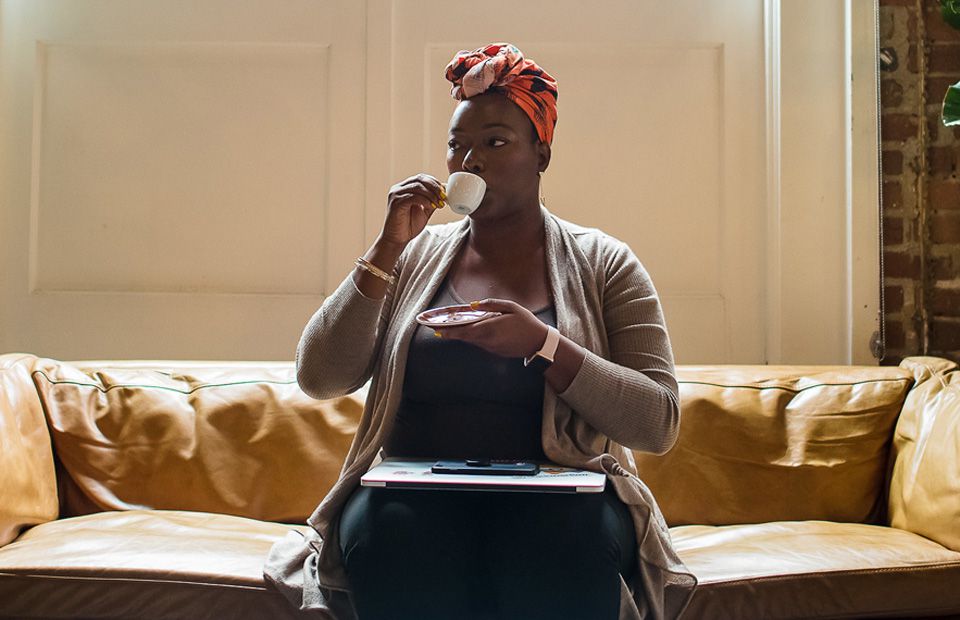
Technology
Omoju Miller—Tech Veteran, Leader, and Volunteer Advisor to the Obama Administration—on The Crucial Role of Creativity in the Tech Industry
"If you are in an environment where you feel marginalized, leave. Don’t try to change it. Go and look for a place that sees you and lets you be you."
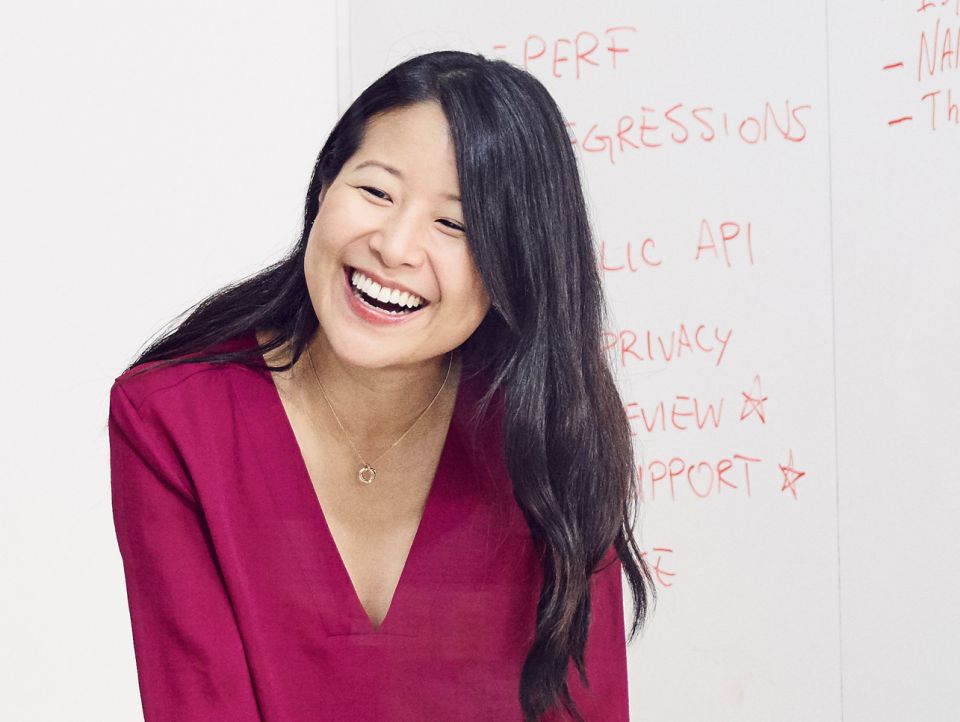
Technology
Sharing Stories as a Software Engineer
We sat down with Apple software engineer Emilie to learn about her day-to-day working at Apple along with what it takes to run the perfect meeting and her favorite ways to unwind.
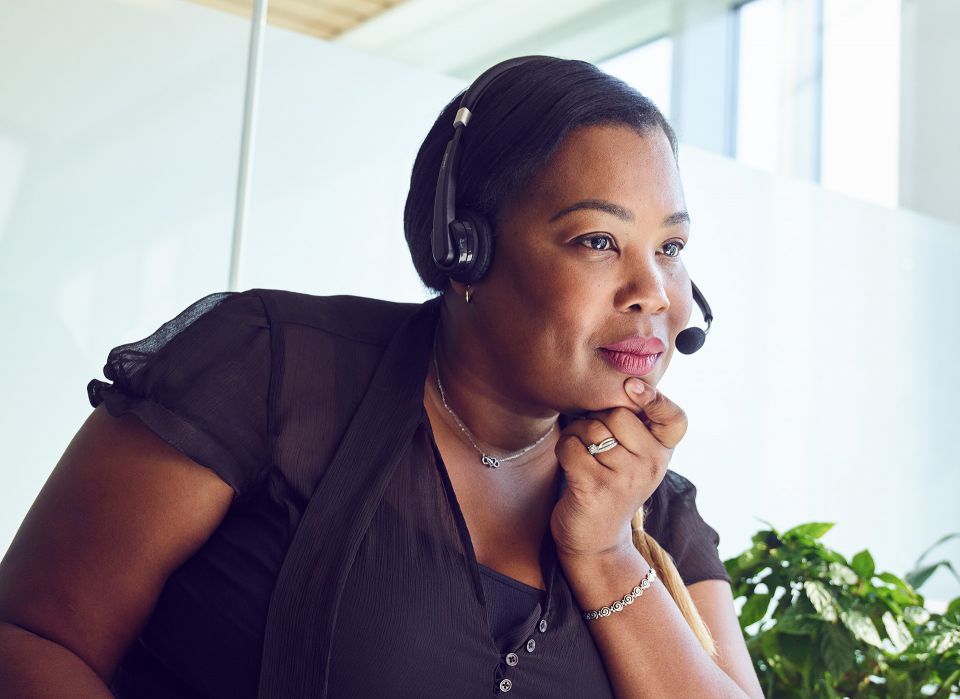
Technology
Creating Impact with Apple
We sat down with Apple's Senior Developer Partner Relations Advisor, Cris, to learn about what it takes to create a lasting impact within a large company. She shares a typical day in the life, her favorite book recommendations, and her top four tips to running a meeting.
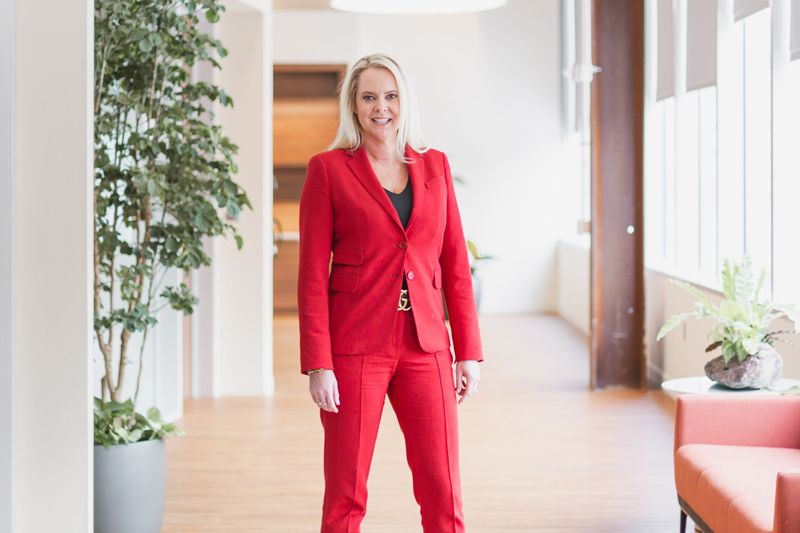
Technology
Salesforce’s Senior Vice President of Sales on Unconscious Bias, Failure, and Innovative Leadership
"Do not be afraid to fail, just bring your best self to the table."
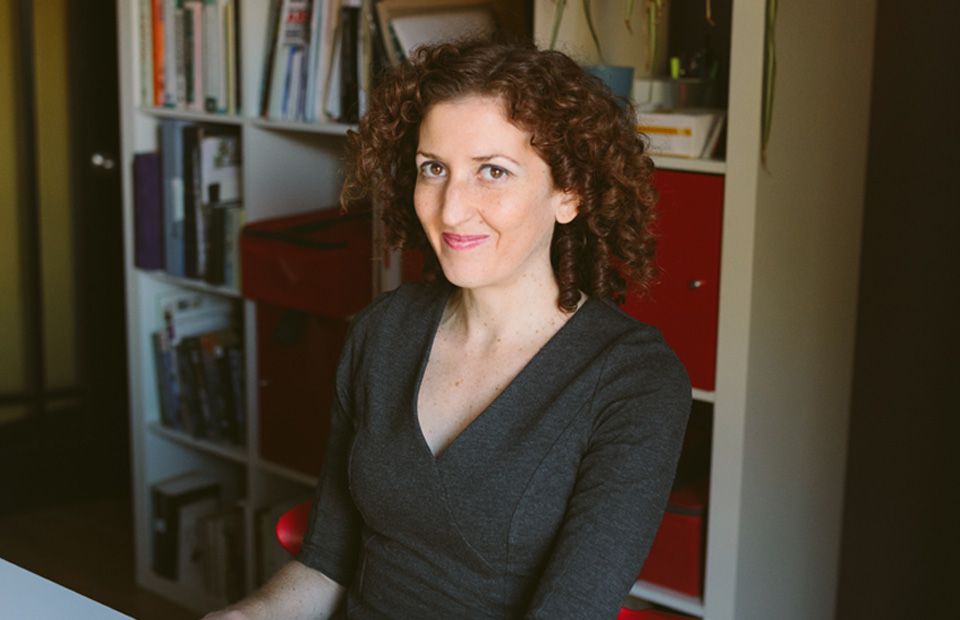
Technology
A Director of Engineering on Tech + Leadership
"I don’t believe in 'having it all'. If you spend more time on one thing, then you spend less time on another thing. All we can do is make choices on how to spend our time."
Get the Best Career Advice Delivered To Your Inbox
Join our newsletter to stay in the loop.
